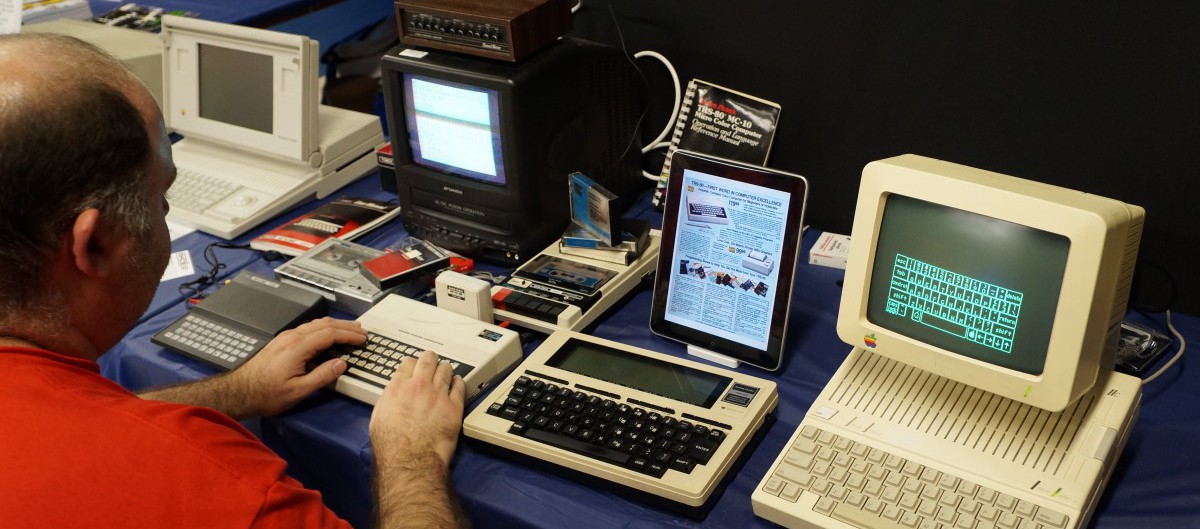For today’s class, you read Jones and Hafner’s Understanding Digital Literacies, Chapter Seven, “Critical Literacies.” Spend the beginning of class posting a comment below summarizing your reading. Remember to save your work some place safe before copy-and-pasting your response into a comment below. We will discuss the chapter after you have posted your summaries.
2 thoughts on “Beginning of Class Writing: Jones and Hafner, Chapter 7, Critical Literacies”
Leave a Reply
You must be logged in to post a comment.




To: Jason W. Ellis
From: George Gordon
Date: March 29th, 2016
Subject: Chapter 7 Summary
This chapter discussed ideologies which are ideas, practices, and social relationships that govern what is right and wrong and normal or abnormal. This affects digital media because of the ideas that people might have in relation to technology, that is completely bad or completely good.
Digital media is brought up to have control over us in relation to affordances and constraints, through the social conventions that have appeared because of them, by who has access to them, and how difficult or easy there are to use. Digital media has created its own set of ideologies.
However, we can also control media through appropriating, adapting, modifying, and mixing. Those who learn how to control media are referred to as hackers and that has a certain ideology with it. Even if hacking in itself isn’t bad, it can bring about changes in media for the better but, we have companies that prevent users from playing around with their media, such as Apple and Microsoft.
To: Professor Ellis
From: Christopher Navarrete
Date: March 29, 2016
Subject: Chapter 7 Summary
Chapter 7 discusses how technologies contain ideologies that affect our lives. Ideologies are defined as system of ideas, practices and social relationships that govern what is considered right or wrong, good or bad, and normal or abnormal. Ideologies have the ability to determine who is in the power and who is included or excluded from a group. They can be dangerous as well as some take them as truth rather than one of the many possible ‘versions of reality’.
Chapter 7 also talks about the different ways media can exert control over us and how we can exert control over the media we use. First, media can exert control over us through affordances and constraints, social conventions, who has access to them, and through how easy or difficult they are for us to use. The ways we can exert control over the media that we use is through our ability to choose the media we use, finding new ways to use them, and changing or modifying them, also known as hacking. In this case hacking refers to expert computer programmers and not those who steal information such as credit card numbers.